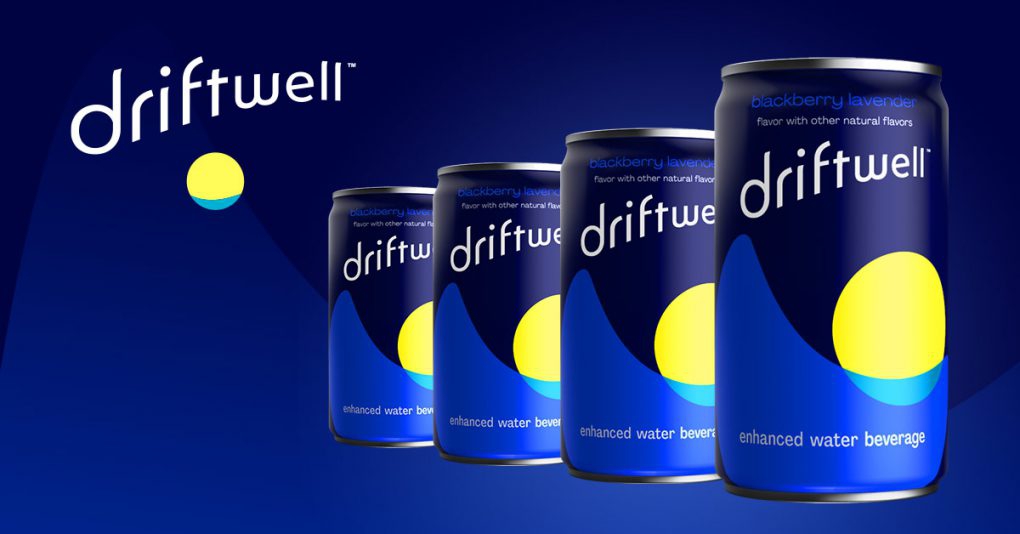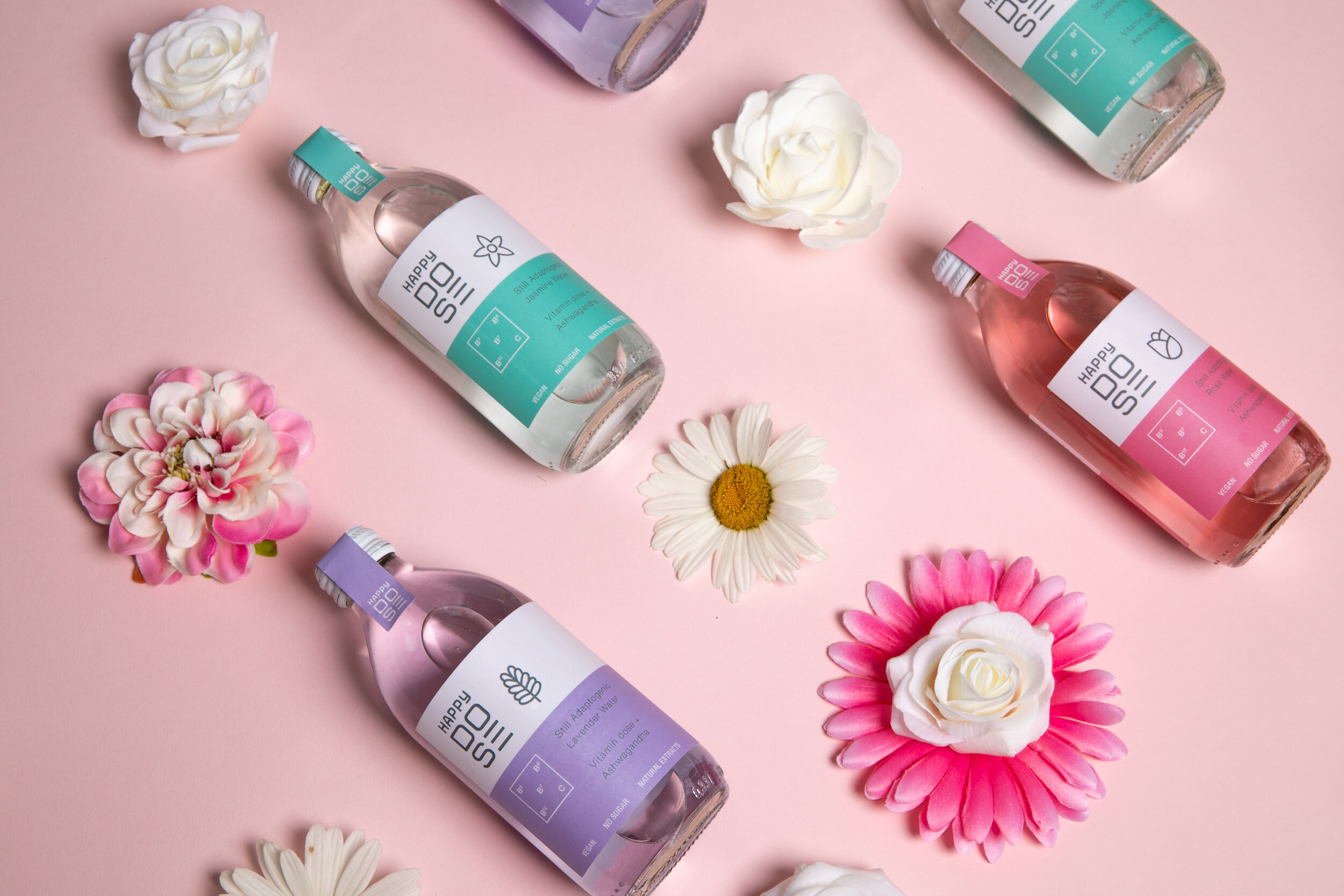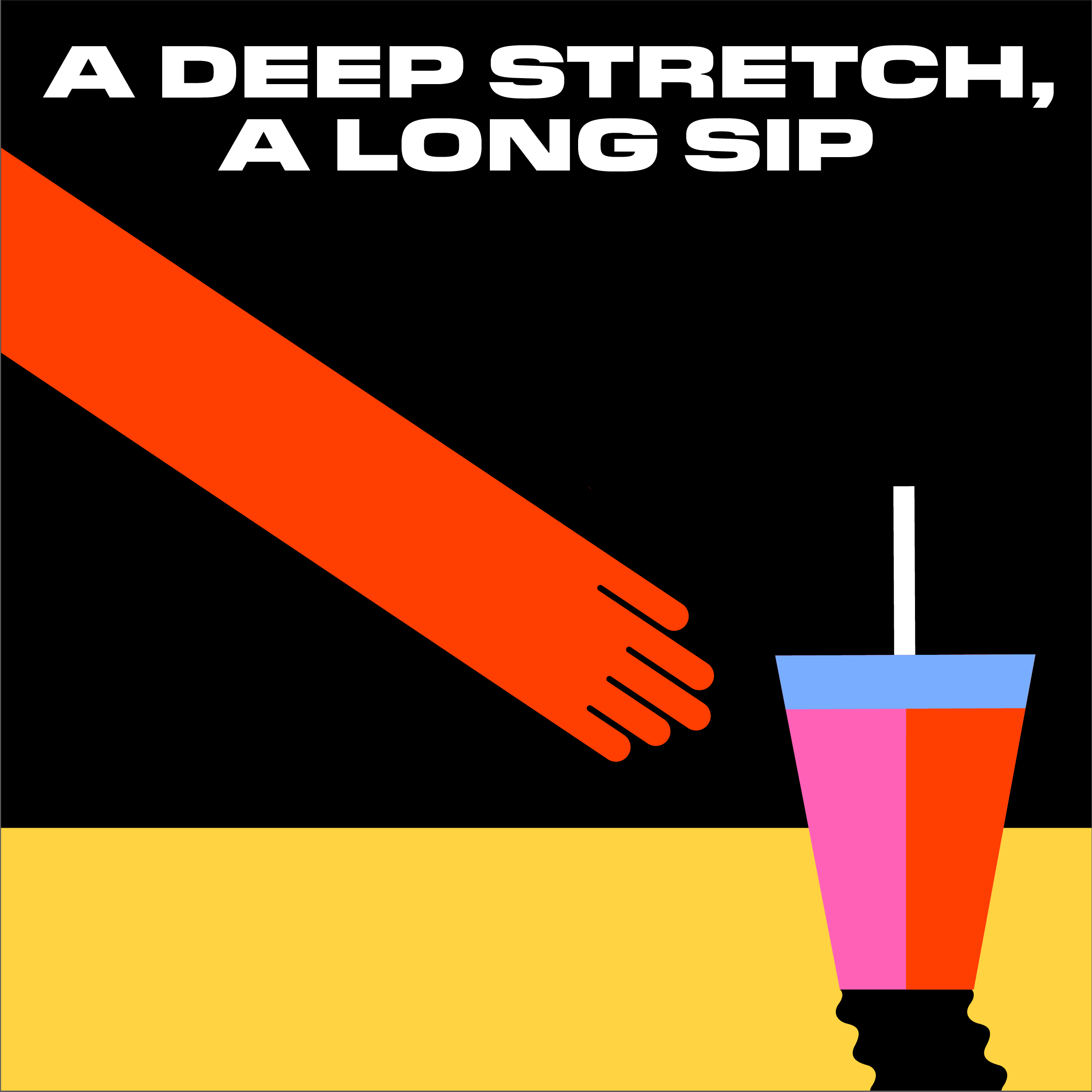Liquid Wellness

Illustration by Gabriella @ STORMBRANDS
Over this last year, I’ve become a lot more introspective when it comes to my own mental health and wellness. I know many others, especially in my age group, have also been doing similar pandemic-induced thinking. More recently I’ve noticed that this shift in perspective has translated into the everyday.
Like what? Well, I am finding that my drink breaks – a breakfast smoothie, my mid-morning coffee, a Friday night Zoom drinks with my colleagues are currently crucial signposts in my lockdown schedule. It gets me through the monotony of living and working in a small room in central London. Instead of a clock or calendar breaking up my days, I now live in a world that is defined by my tea timetable.
This schedule evolution became clear to me when Pepsico’s new creation popped up on my LinkedIn feed. Driftwell was launched in September 2020, with the aim of improving sleep. I suddenly observed this shift in the soft drinks category. Wellness was now a consistent theme.

Photo via Driftwell's ig
Historically, I was used to seeing messages on functional drinks that use an informative tone like “includes Vitamin C” or “High Protein''. Now I see more mood-centric messaging surrounding wellness. For example, Happy Dose is marketed as a “Plant-Powered Mood Boost” and even Tropicana’s new functional range declares that it “Helps Keep You Going”. This evocative messaging not only echoes the feelings of a locked-down nation but is seen as a supportive ally to get us through the winter days.

Photo via Happy Dose's ig
This anthropomorphised style of messaging is more commonly seen in other categories. In the Beauty Industry mood is often considered, and brands like Neom utilise this effect. They market an “Energising Hand Balm” or a “Happiness Diffuser”, linking the physical effects of the products to your desired state of mind. Furthermore, products are often grouped and marketed by mentality. Bringing these trends back to the soft drink/functional drink category could spark a rethink of how these products are sold.
In a few years will it be possible that we could walk into a supermarket, and find that the drinks section is categorised by mood rather than type?
Written by our Development Executive Sophie Hare
Part one of our three-part self-care and functional drinks series. Find the rest here.
Sign up to our mailing list in the footer to receive more insights straight into your inbox, or follow us on Instagram or LinkedIn.




